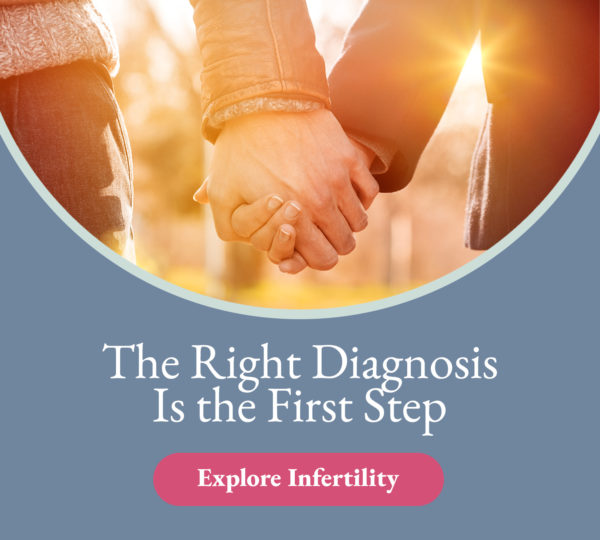Secondary infertility is more common and treatable than most people realize
If you’re having trouble conceiving another child, you could have secondary infertility. This occurs when someone who has already had one or more children is unable to conceive and welcome a baby again. While many people don’t talk about this issue, 12% of women have trouble when they want to have another baby.
At Fertility Specialists of Texas, our Dallas-Fort Worth infertility doctors have the knowledge and skill to diagnose this issue. Once they know what’s making it more difficult to conceive, they can develop a customized treatment plan to help overcome the problem.
There isn’t just one cause of secondary infertility
Many different issues can make it more difficult for people to conceive after having one or more children. Some common causes include problems with ovulation, the progression of endometriosis and the development of uterine polyps and fibroids.
Additionally, secondary infertility can occur due to age. Female fertility, and male fertility to a lesser extent, decline with age. As a result, a person could have trouble conceiving a few years after a successful pregnancy due to issues like an age-related decline in egg quality and quantity.
Life changes can also play a role in making conception more difficult. For example, if someone has a new partner, that person may have fertility issues that their previous partner did not have.
Our team can help if you’re having trouble conceiving again
Because so many issues can cause secondary infertility, our Dallas-Fort Worth infertility doctors recommend visiting our clinic for a consultation and fertility testing if you’re having trouble conceiving. You should make this appointment after a year of trying if you’re under 35 or after six months of trying if you’re 35 or older.
At your first appointment, your doctor will review your medical history and order diagnostic testing. For women, this typically includes bloodwork, an ultrasound and an evaluation of the fallopian tubes using an HSG. The most common test for men is a semen analysis.
Once your doctor has your test results, they will review them with you to determine the best treatment plan for you and your family. In some cases, this will include fertility medications and intrauterine insemination (IUI). If you need more advanced support, your doctor may suggest in vitro fertilization (IVF).
Regardless of what treatment option is right for you, you can count on our team to support you through every step of your journey. Contact us if you’d like to meet with one of our Dallas-Fort Worth infertility doctors and get started.

